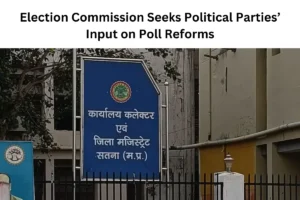
Popcorn Tax Classification Sparks Outrage
The Centre’s decision to tax popcorn based on sugar or spice content has ignited widespread debate. Former government economic advisers and opposition leaders are questioning the rationale behind the Goods and Services Tax (GST) system introduced in 2017.
Differential Tax Rates Announced
The GST Council, led by the finance minister and state representatives, announced new tax rates on Saturday.
- Non-branded popcorn with salt and spices: 5% GST
- Pre-packaged and branded popcorn: 12% GST
- Caramel popcorn, categorized as sugar confectionery: 18% GST
The new rates took immediate effect, standardizing previously varied state-level taxes.
Finance Minister Defends Caramel Popcorn Tax
Finance Minister Nirmala Sitharaman explained the 18% GST on caramel popcorn. She stated that products with added sugar fall into a higher tax category.
Criticism from Experts and Politicians
The announcement drew sharp criticism on social media.
- Former Chief Economic Adviser K. V. Subramanian called the complexity a “bureaucrat’s delight and citizens’ nightmare.”
- His predecessor, Arvind Subramanian, criticized the move for increasing enforcement difficulty and irrationality.
Congress leader Jairam Ramesh mocked the decision, highlighting the absurdity of three different tax slabs for popcorn. He called it a symptom of the GST system’s growing complexity, which was intended to simplify taxation.
Public Reaction and Historical Context
Social media users created memes, poking fun at the tax classification. One viral post showed a “salt caramel” popcorn packet, joking about the challenges of calculating its tax rate.
The GST system has faced similar controversies before. Past debates included taxing chapatis differently from layered flatbreads and distinguishing curd from yogurt.
This latest popcorn tax controversy has reignited calls for a simpler and more transparent GST system.
for more updates follow ANN MEDIA on facebook , X , Instagram and Linkedin







